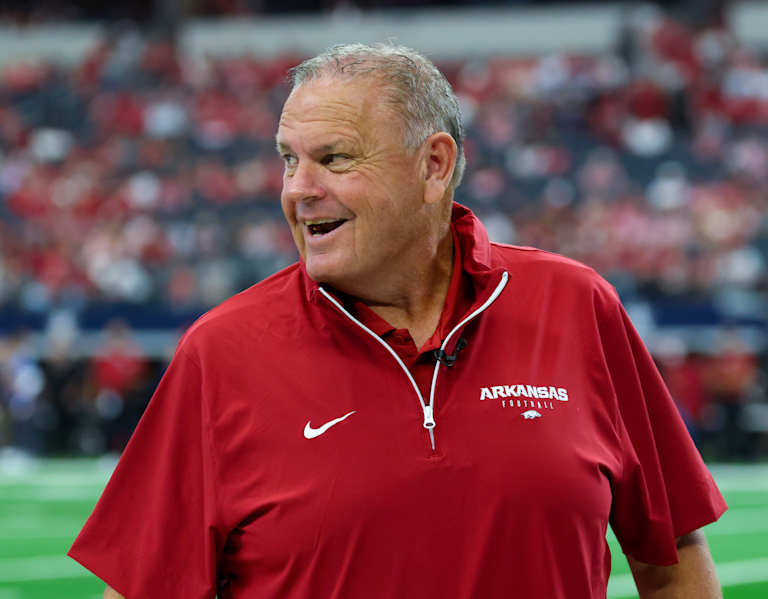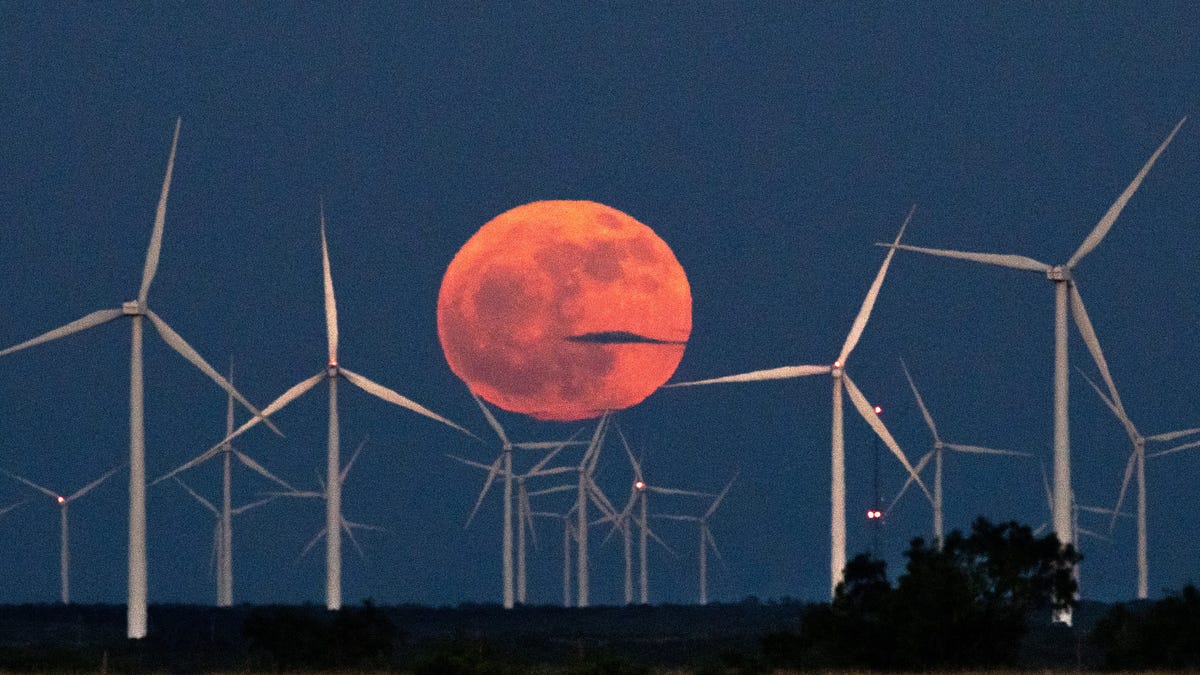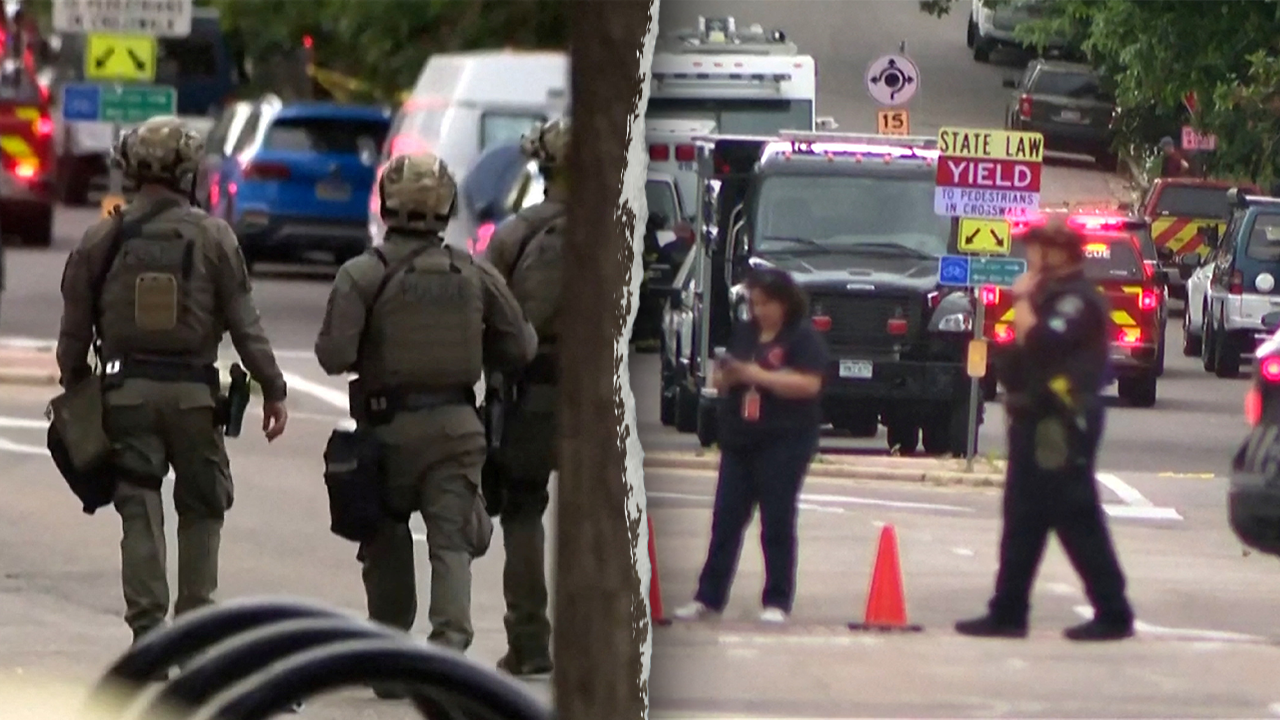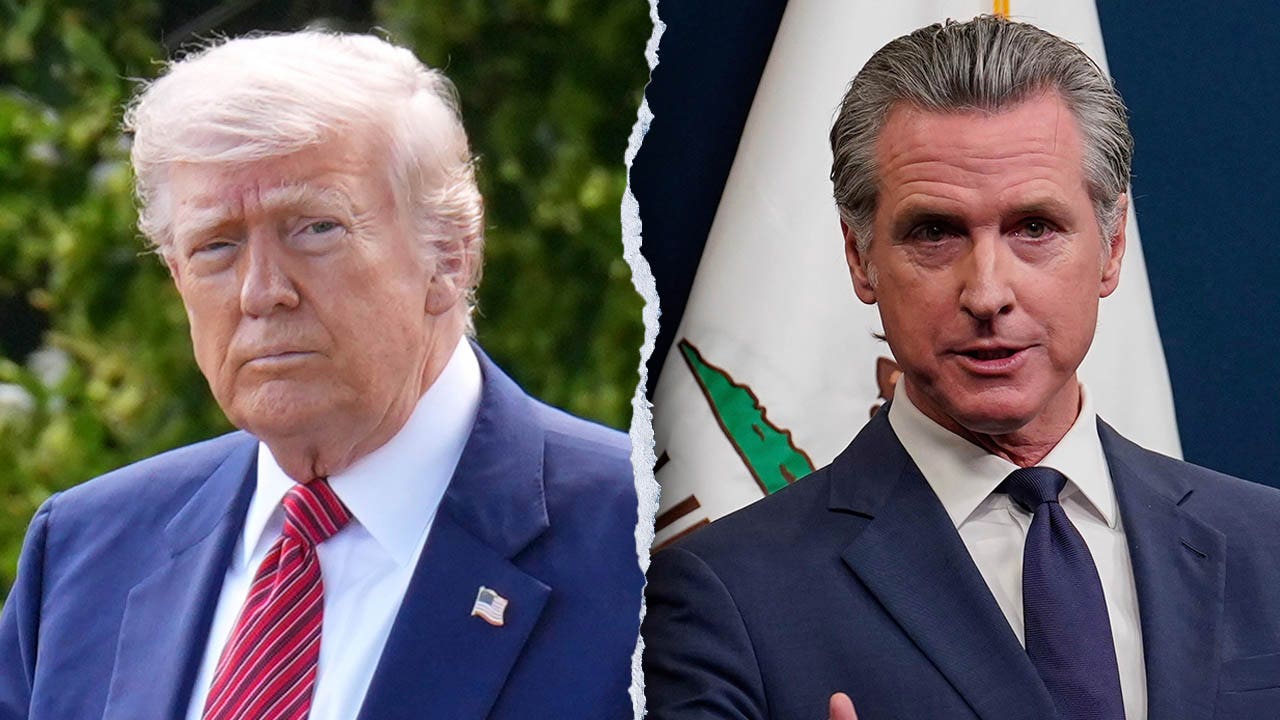New Hampshire
Republican presidential candidates mostly overlook New Hampshire in effort to stop Trump

MANCHESTER, N.H. — Once upon a time, the moderates, the mavericks and the underdogs in presidential politics had a chance to break through in New Hampshire.
Former Sen. John McCain, an independent-minded Republican, resurrected his anemic campaign with a victory in the state’s first-in-the-nation presidential primary in 2008. Bill Clinton, a centrist Democrat from Arkansas, became the “comeback kid” by exceeding expectations here in 1992. And little-known Georgia peanut farmer, Jimmy Carter, would go on to claim the presidency after winning the state’s 1976 Democratic primary.
But this year, New Hampshire’s primary tradition may be little more than a fairy tale as the presidential field largely overlooks the Granite State.
Democratic officials, who have rallied behind President Joe Biden, have already decided to bypass New Hampshire in favor of South Carolina. And the crowded Republican field is focusing its money, time and attention on Iowa, betting big that the Midwestern state’s religious conservatives are most likely to help them stop former President Donald Trump’s march toward the GOP nomination.
This weekend alone, no fewer than eight Republican White House hopefuls are descending upon Iowa for the state’s Faith and Freedom Coalition annual meeting. It marks the third multi-candidate gathering in the state in two months, while New Hampshire hasn’t hosted one.
The shift toward Iowa, which hosts the nation’s opening presidential caucuses on Jan. 15 shortly before New Hampshire’s first-in-the-nation primary, began in recent years as the national GOP lurched rightward. But as New Hampshire’s prominence fades further in 2024, it’s unclear whether there will be sufficient oxygen or opportunity for anyone to emerge as a serious Trump challenger in the state best known for political upsets.
Former New Jersey Gov. Chris Christie, the most aggressive anti-Trump Republican in the race, is the only GOP White House contender to campaign in New Hampshire since Monday. He’s devoting the vast majority of his time to the Granite State — and South Carolina, to a lesser degree.
“There’s a lot of people competing in Iowa — hard — and not as many people competing hard in New Hampshire,” Christie said in an interview. “I think it’s a mistake and I think I’m going to benefit from it.”
He acknowledged Trump’s strength among the GOP base, but suggested the former president cannot ultimately create the broad coalition likely needed to defeat Biden next November.
“If the nominee is Donald Trump, we’re going to lose the general election. And I think that’s tragic for the country and for our party, but I think it’s completely avoidable,” Christie said. “But if it’s gonna start, it’s gonna start here.”
Indeed, New Hampshire Republican officials have been more willing than most to speak out against Trump.
Republican Gov. Chris Sununu has come out forcefully against Trump and is working to boost his rivals. Former state GOP chair Jennifer Horn is a fierce Trump critic. And New Hampshire’s former Republican national committeeman, Steve Duprey, endorsed Biden over Trump in 2020.
In an interview, Sununu conceded Trump is dominating the race, but he insisted the majority of Republican primary voters remain open to someone else.
“People are clearly looking for an alternative,” Sununu said. “There’s a lot of opportunity for that alternative — I’m not saying he’s more moderate — I think it’s just seeing a new generation of conservative leadership.”
The evolving dynamic between Iowa and New Hampshire underscores a growing tension within a Republican Party that must ultimately appeal to both its hardline conservative base and moderates and independents who play an outsized role in the general election. Iowa’s presidential caucuses tend to feature the most conservative Republican voters, especially evangelical Christians. New Hampshire, however, hosts an “open” primary election that allows voters to participate regardless of party affiliation.
Marc Colcombe, a 63-year-old Republican voter from Hillsborough, New Hampshire, said he’s looking for a presidential nominee who “understands that everybody’s got something good they bring to the table and foster those relationships and bring everybody together.”
A former Trump supporter, Colcombe says he’s now deeply concerned that no one appears to be emerging as a viable alternative to the divisive former president. He shared his fears during a Christie appearance at a local brewery this week that may have attracted as many members of the press as voters.
“You’ve got to put your ego aside and do what’s right,” Colcombe said. “Trump can’t do that because his ego rules everything he does.”
And while there is real resistance to Trump in New Hampshire, his rivals are devoting most of their time and money to Iowa for the foreseeable future.
Republican presidential candidates and their allies have reserved almost $30 million in TV, radio and online advertising across Iowa compared to $19 million in New Hampshire for the period beginning Sunday through the primary phase of the campaign, according to an AP analysis of AdImpact data. The spending disparity has been consistent since Trump launched his campaign last fall. As of Friday, Republican candidates and their allies have already spent $38 million across Iowa advertising compared to less than $23 million in New Hampshire.
Meanwhile, Christie had New Hampshire to himself this week. Over the same seven-day period, eight GOP candidates made at least 32 separate appearances in Iowa.
Former Vice President Mike Pence appeared at more than a dozen public events this week in Iowa. Conservative entrepreneur Vivek Ramaswamy made three stops in Iowa on Thursday alone. Both Nikki Haley, the former ambassador to the United Nations, and South Carolina Sen. Tim Scott were set to make at least three Iowa stops of their own over the weekend. Florida Gov. Ron DeSantis was set to appear there at least twice.
There are exceptions to the trend.
Haley, who may be more popular with her party’s establishment wing than its base, has divided her time evenly between New Hampshire and Iowa.
She’s in the midst of her 10th trip to Iowa covering 44 campaign events, according to spokesperson Nachama Soloveichik. Haley has hosted another 49 events in New Hampshire over nine separate trips, although a 10th is scheduled for next week.
“Our team is committed to both Iowa and New Hampshire because Nikki is campaigning for every vote,” Soloveichik said. “No one will outwork Nikki Haley.”
DeSantis, who casts himself as Trump’s chief rival, has increasingly narrowed his focus to Iowa as he struggles for momentum. After this weekend, the Florida governor will have made 23 appearances in New Hampshire, compared with 70 in Iowa, according to spokesperson Andrew Romeo. He said DeSantis is not ignoring New Hampshire, having attended a July 4th celebration and unveiled his economic policy there.
For Ramaswamy, battling DeSantis for second place in primary polls, Wednesday night’s rally in Davenport marked his 100th Iowa event, spokesperson Tricia McLaughlin said. He’s hosted 65 events in New Hampshire, including two last Sunday.
Despite the Iowa bias, McLaughlin noted that Ramaswamy has multiple county chairs for every county and nearly 50 municipal chairs across New Hampshire.
Veteran New Hampshire Republican strategist Mike Dennehy noted that the shift toward Iowa, which began in recent elections, coincides with the GOP’s shift to the right.
“For better or worse, the candidates running for president are more conservative than in years past. To be perfectly honest, I’m not sure George W. Bush would fit into this field,” Dennehy said, highlighting the party’s political challenge in next year’s general election. “Republicans have to win over moderate to right-of-center Republicans who aren’t evangelicals or aren’t hard-right conservative voters. … New Hampshire plays a pivotal role for that purpose.”
And despite New Hampshire’s storied role as a launching pad for underdogs, Dennehy is skeptical there will be a happy ending for Trump’s rivals in 2024.
“I wouldn’t bet anything on anything on anything at this point — other than Trump winning,” he said.

New Hampshire
Pickup truck driver dies in crash in Salisbury, NH

A driver died in a crash into a tree in Salisbury, New Hampshire, early Monday morning, state police said.
Their pickup truck was reported to have crashed with the tree on North Road about 3:30 a.m., according to police. When members of the Salisbury Fire Department got to the scene, they found the driver had died.
The crash remained under investigation Monday afternoon, police said, asking anyone with information to contact Trooper Peter Kosakowski at 603-223-4381 or Peter.C.Kosakowski@dos.nh.gov.
The driver hasn’t been publicly identified.
New Hampshire
The governor, House, and Senate each created a budget for NH. Now, they must agree on one.

New Hampshire
New Hampshire Man Arrested After Traveling to NKY to Meet Juvenile
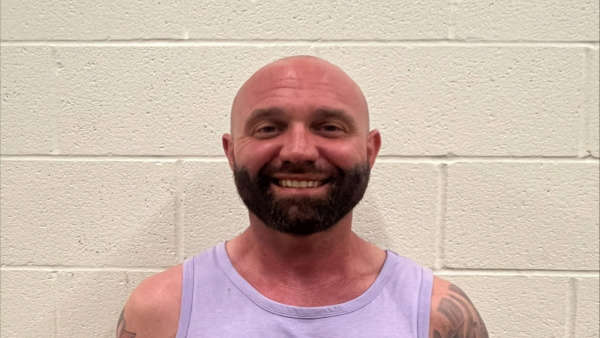
Paul Vallatini. Photo provided.
(Boone County, Ky.) – On Friday, June 6, Boone County Sheriff’s deputies responded to an anonymous tip of an adult male that traveled from New Hampshire to meet a juvenile female.
The initial investigation showed that Paul Vallatini, 37, had met the female on social media and drove to Florence to meet her.
Deputies made contact with Vallatini and the female, together in Florence. The juvenile female disclosed to deputies that she communicated with him through Snapchat, where he allegedly sent her nude photographs at least five times.
She added that she picked Vallatini up from the airport the day prior and over the two days, he took her shopping, buying her various gifts, including underwear.
Deputies say Vallatini was staying at a local hotel and a number of items corroborating the female’s statements were located, along with condoms that were found in Vallatini’s duffle bag.
Vallatini was charged with five counts of Distribution of Obscene Matter and one count of Human Trafficking – Victim Under 18.
He was lodged at the Boone County Jail.
-

 Politics1 week ago
Politics1 week agoMichelle Obama facing backlash over claim about women's reproductive health
-

 West3 days ago
West3 days agoBattle over Space Command HQ location heats up as lawmakers press new Air Force secretary
-

 Finance1 week ago
Finance1 week agoHere's what will boost your feeling of financial well-being the most, researchers say
-

 Technology1 week ago
Technology1 week agoWhy do SpaceX rockets keep exploding?
-

 World1 week ago
World1 week agoTwo killed in Russian attacks on Ukraine before possible talks in Turkiye
-

 Kentucky1 week ago
Kentucky1 week agoHow Ole Miss baseball’s pitching options will factor in elimination game vs Western Kentucky
-

 World1 week ago
World1 week agoNcuti Gatwa Bids Doctor Who Farewell as Finale Ends With a Most Surprising Twist — Grade It!
-
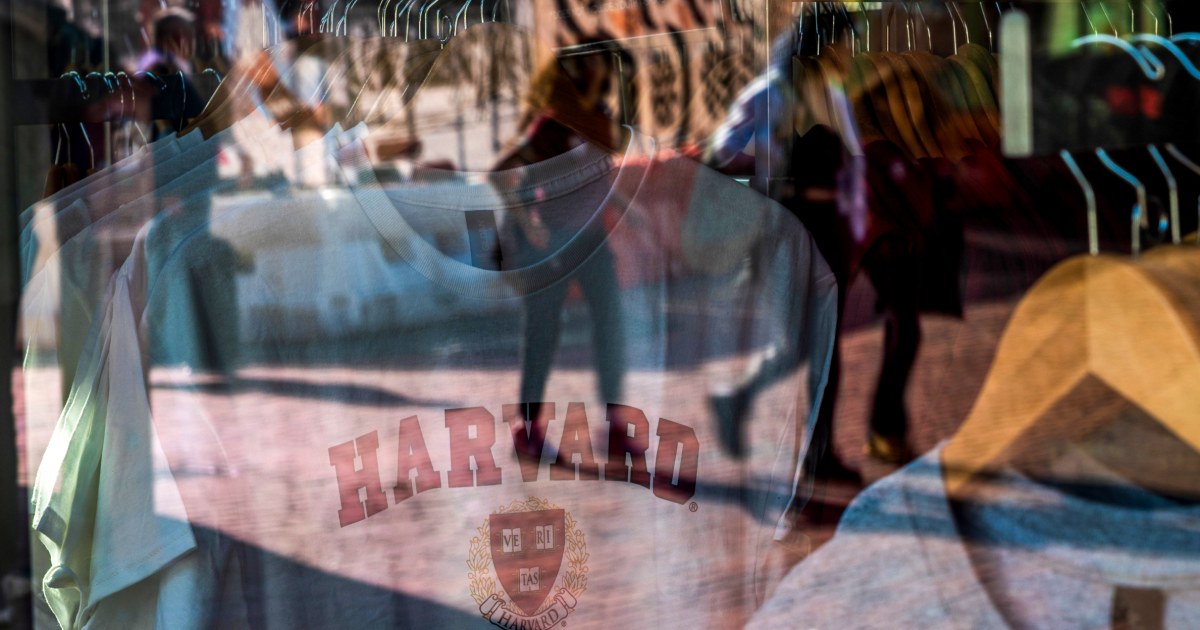
 News1 week ago
News1 week agoTrump administration continues to target international students. What to know and what could be next.







